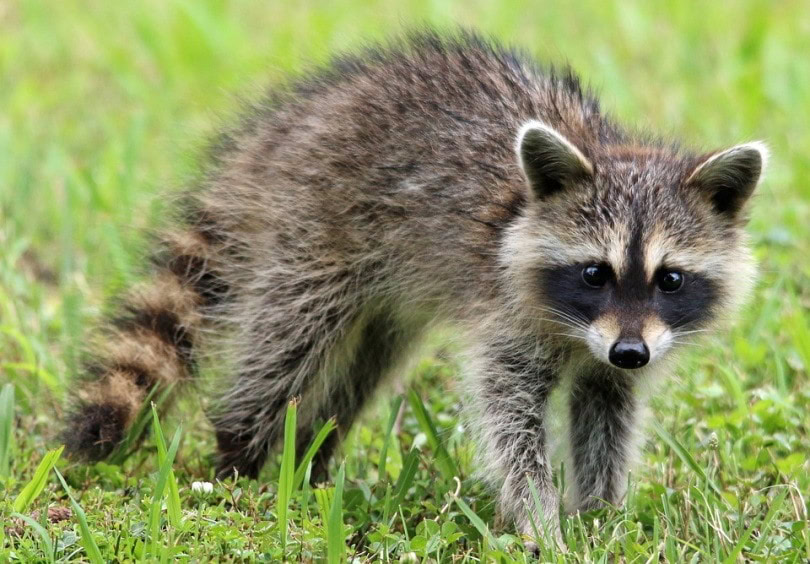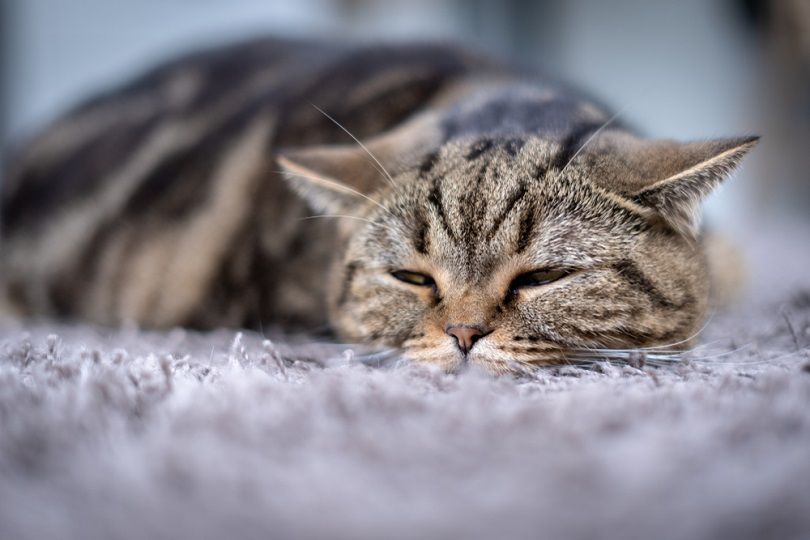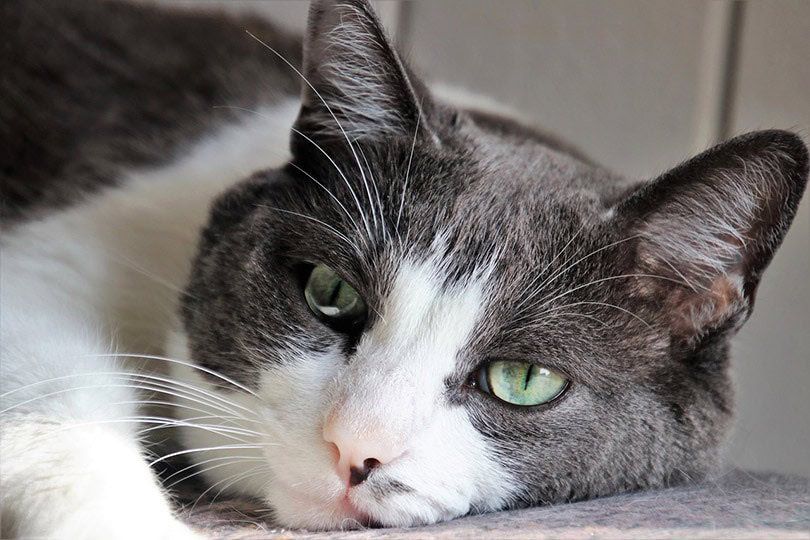VET APPROVED

The information is current and up-to-date in accordance with the latest veterinarian research.
Learn more »Click to Skip Ahead
Raccoons are a part of Americans’ lives, whether we like it or not. You can try various methods to keep them away from your property, but no technique is fail-safe. Raccoons can cause problems in our trash, in our gardens, and within our animals’ habitats. If you are a rabbit owner, you may wonder whether raccoons will attack and eat rabbits.
Raccoons are opportunistic hunters, and the sad truth is that, yes, raccoons may attack and eat rabbits if they have the chance. However, raccoons don’t pose as much of a threat to rabbits as you imagine. In this article, we’ll explore how and why raccoons are dangerous to rabbits, why rabbits are not the first choice of prey for raccoons, and what can be done to protect your rabbits.

How and Why Raccoons Are Dangerous to Rabbits
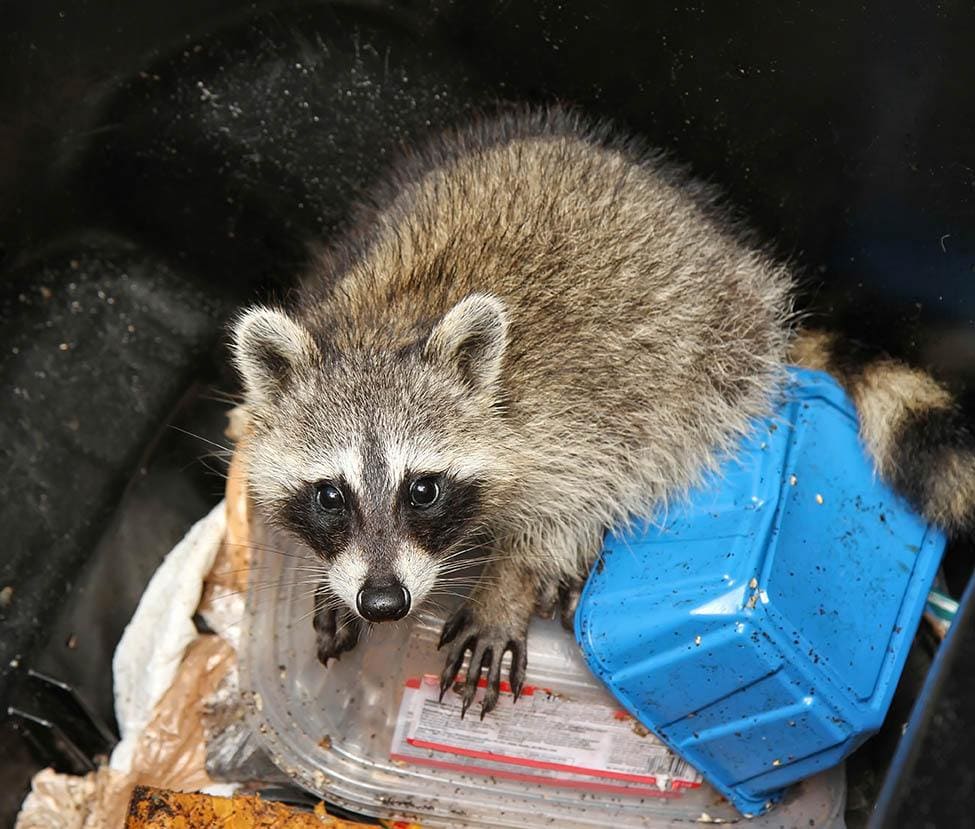
Raccoons are omnivores and eat almost anything they can find or catch. They have extremely sharp nails and teeth that could do serious damage to a rabbit if they had the opportunity. Raccoons will usually avoid rabbits if they have just eaten and are not on the hunt for food. But if a raccoon is hungry, they can spend a great deal of time trying to figure out how to take down a rabbit.
Why Rabbits Are Not the First Choice for Raccoons
While raccoons can prey on rabbits, they typically go after easier targets. Rabbits are fast, alert animals and can usually outrun a raccoon once they sense danger.
Raccoons usually opt for easier, more accessible food sources like fruit, small rodents, insects, or human leftovers. Unless a rabbit is particularly vulnerable—such as being very young or unaware of the raccoon’s presence—it’s unlikely to be a raccoon’s first choice for a meal.

What You Can Do to Protect Your Rabbits From Raccoons
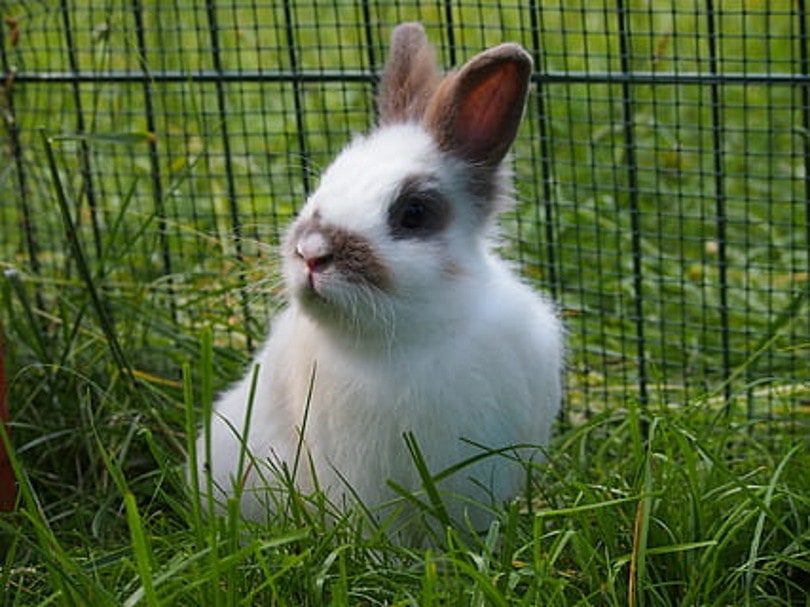
If you are worried about raccoons attacking and eating your rabbit, you can provide protection by housing them in an enclosed area. The cage should be made of metal fencing or wire so your rabbits can feel like they are outside. The enclosure should be welded together where the wire or fencing connects to ensure that a raccoon cannot break through and get in.
The fencing or wire should also be buried in the ground so that raccoons cannot dig underneath. Ensuring that thick bushes and foliage do not grow near the habitat will ensure that raccoons cannot hide near the area and catch your rabbits off guard. You can also install motion sensor lights around the habitat to scare night-stalking raccoons away while your rabbits sleep.

Final Thoughts
While rabbits can become prey to raccoons, the risks are pretty low compared to other predators, such as dogs and foxes. Still, there is always a chance of a raccoon attack if you live in an area with a large population. Hopefully, you can now have peace of mind knowing that you understand the risks of raccoon attacks and how to protect your beloved rabbits outside. Do you have any tips or tricks for protecting rabbits from raccoons? If so, share them with us in our comments section!
Featured Image Credit: edbo23, Pixabay
